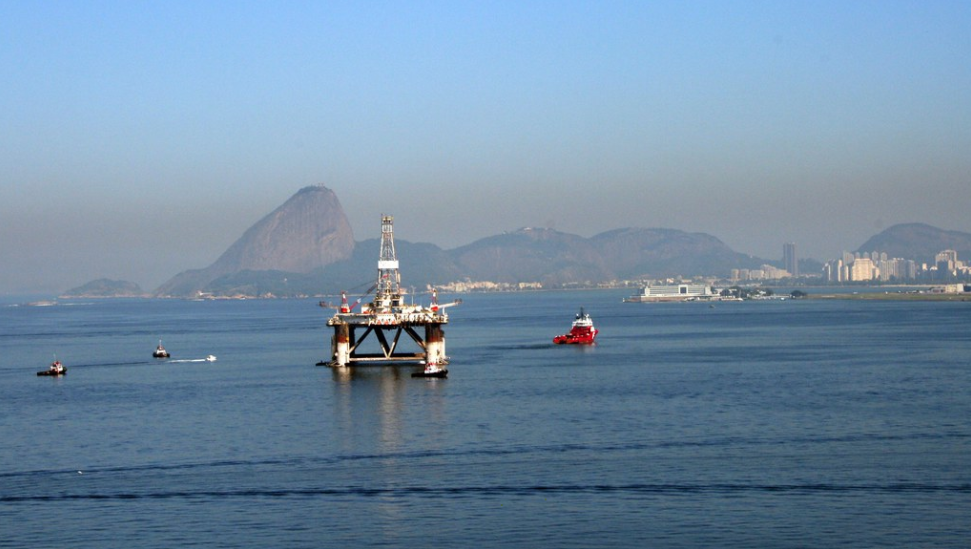
Coronavirus, Oil and Latin America: The Urgency of Economic Diversification and Energy Transition
Español »
Key messages:
While today’s oil market presents short-term challenges to avoiding both a social crisis in the areas dependent on resource extraction and a collapse in the supply of this energy on which these economies depend, it also poses a longer-term dilemma. How will Latin America respond to the fact that a portion of its oil production simply will not be able to generate the profits that investors expect? What will happen if, under the current circumstances, investment in exploration falls even more, in the face of the demand and cost-price outlook for the following years? And, how will governments respond to demands for subsidies, in a context of budget deficits resulting from spending in compensation and reactivation packages and from declining oil revenues and subsidies?
An abrupt collapse of the oil industry would have negative economic and social consequences to which governments are not ready to respond. However, the real problem has to do with the medium and long terms: should countries continue to bet on projects that may not be commercially sustainable and promote private investments (or invest themselves) in exploration in an industry that has a bleak future? Should governments diminish fiscal, social and environmental standards to make competitive an industry that faces such an adverse future? Does additional oil investment make sense in the face of catastrophic global warming?
This publication proposes that governments need to accelerate the migration to cleaner and sustainable energy matrixes and to diversify their economies to provide the jobs, incomes and taxes that will be lost with the demise of fossil fuels. More broadly, officials should promote diversification to set the stage for more socially inclusive and environmentally sustainable growth.
Key messages:
- Companies are demanding temporary bailouts, requesting that governments subsidize them with breakeven prices over sale prices, and allow them to postpone tax and royalty payments and agreed investments. Such actions may be necessary to preserve jobs and ensure domestic energy supplies.
- Governments are considering lowering social and environmental standards, fast tracking procedures and providing long-term subsidies to support ongoing projects and to attract new investments. For an industry already facing its twilight, these actions are not justified.
- Governments must urgently move ahead with economic diversification and energy transitions to ensure the availability of jobs, energy and fiscal incomes that the oil industry currently provides.
While today’s oil market presents short-term challenges to avoiding both a social crisis in the areas dependent on resource extraction and a collapse in the supply of this energy on which these economies depend, it also poses a longer-term dilemma. How will Latin America respond to the fact that a portion of its oil production simply will not be able to generate the profits that investors expect? What will happen if, under the current circumstances, investment in exploration falls even more, in the face of the demand and cost-price outlook for the following years? And, how will governments respond to demands for subsidies, in a context of budget deficits resulting from spending in compensation and reactivation packages and from declining oil revenues and subsidies?
An abrupt collapse of the oil industry would have negative economic and social consequences to which governments are not ready to respond. However, the real problem has to do with the medium and long terms: should countries continue to bet on projects that may not be commercially sustainable and promote private investments (or invest themselves) in exploration in an industry that has a bleak future? Should governments diminish fiscal, social and environmental standards to make competitive an industry that faces such an adverse future? Does additional oil investment make sense in the face of catastrophic global warming?
This publication proposes that governments need to accelerate the migration to cleaner and sustainable energy matrixes and to diversify their economies to provide the jobs, incomes and taxes that will be lost with the demise of fossil fuels. More broadly, officials should promote diversification to set the stage for more socially inclusive and environmentally sustainable growth.
Image credit: "Guanabara bay" (CC BY 2.0) by marcusrg

